20% off £30
Code:TREAT
Hyaluronic acid, retinol, & collagen (& how to use them together)

Let’s understand the supplements and skincare products that can work together to leave you glowing. Hyaluronic acid, retinol, and collagen make a powerful trio!
Summary
1What is hyaluronic acid?
Don’t let “acid” scare you: hyaluronic acid is celebrated for its hydrating properties. This moisture-locking substance can hold up to 1000 times...
2What is retinol?
Still not entirely sure what retinol’s about? Or perhaps you’re a pro and you’re looking to introduce other products? Retinol is a vitamin A...
3What is collagen?
Collagen is in almost every part of our body - it’s a protein found in the skin, muscles, bones, tendons, ligaments, connective tissues, and more...
Hyaluronic acid, retinol, collagen. They’re the superhero squad of skincare - so why not use them all and stack the benefits?
But it can be hard to navigate which products to use together. You want to make sure you’re not harming your skin or pouring money down the drain!
Some skincare products can lessen the effects of others, or even react in ways that can result in side effects.
Fortunately, this trio can be used safely together: it’s all about understanding their individual benefits.
What is hyaluronic acid?
Don’t let “acid” scare you: hyaluronic acid is celebrated for its hydrating properties. This moisture-locking substance can hold up to 1000 times its weight in water.1
The more moisture beneath your skin’s epidermis, the more plump and glowing your skin will look.
Hyaluronic acid is naturally present in our skin, connective tissue, and eyes, but our levels decrease as we get older. The skin dries out, making it more prone to wrinkling and thinning.2
Adding synthetic hyaluronic acid - in the form of a serum or moisturiser - into our skincare routine can help replenish the moisture levels in our skin and “lock” it in.
Over time, it can help reduce the appearance of fine lines and wrinkles and help maintain a glowing, more youthful complexion.
The hyaluronic acid you find in skincare products can come from plant or animal sources, so be sure to check you’re using a vegan substance if you’d prefer. 20
Our video guide to hyaluronic acid
What is retinol?
Still not entirely sure what retinol’s about? Or perhaps you’re a pro and you’re looking to introduce other products?
Retinol is a vitamin A derivative with enticing antioxidant properties. It’s used for its ability to help smooth fine lines and wrinkles and minimise the appearance of redness, hyperpigmentation, and sun damage.
Retinol cream and retinol gel can have great effects - but they’re potent and should be used sparingly. It’s recommended not to use more than a pea-sized amount a few times per week.
Because of its power, it’s important to make sure you’re safely combining retinol with other products in your skincare routine.
What is collagen?
Collagen is in almost every part of our body - it’s a protein found in the skin, muscles, bones, tendons, ligaments, connective tissues, and more.
Its job is to provide structural support to your body tissues and skin, hair, and nails. In our skin, this means maintaining elasticity and preventing fine lines and sagging.
You can keep up your collagen production by eating it directly (found in animal sources like fish, chicken, and egg whites) or by eating foods that promote your body’s natural collagen production (like vitamin C-rich citrus fruits, leafy greens, and beans).
However, we lose approximately 1% of our body’s collagen every year after we turn 20.3
So the older we get, the less collagen we produce, and the more we may want to rely on a supplement to keep us looking youthful.
Fortunately, there are several ways to incorporate collagen into our everyday lives without it feeling like a chore:

- Topical collagen
- Powders
- Tablets
- Gummies
- Drinks
- and even coffee creamers can help us increase our collagen intake.
So, what can I use together?
Using hyaluronic acid, retinol, and collagen together is considered safe and shouldn’t cause any adverse side effects.
In fact, hyaluronic acid and retinol can help each other by outweighing the slight downsides of each.
Retinol can cause dryness and sensitivity if used in high quantities, or just while your body’s adjusting. Using a hyaluronic acid moisturiser can help soothe your skin and give it the moisture it needs during this fragile time.
Retinol should be applied at night, as it can make your skin more sensitive to UV rays.4
So, as well as using an SPF of 30+ every day (in all weathers), it’s a great idea to use a hyaluronic acid night cream that complements your evening retinol use.
Perform a patch test at least 24 hours before using any new retinol or hyaluronic acid product for the first time.
Both hyaluronic acid and retinol help to maximise the way your body uses collagen.5,6 They’ll safely support collagen supplements, helping you stay radiant from the inside out.
How to use retinol and hyaluronic acid together
- You’ll want to use your retinol first. Wash your face using warm water and a gentle soap.
- Dry your face gently but thoroughly. Applying retinol to wet skin can increase its absorption rate and make your skin very sensitive. You’ll be more likely to trigger the dryness and flaking you’re trying to avoid!
- Apply a pea-sized amount of retinol over your face. Focus on areas with more blemishes, pigmentation, or signs of healthy ageing if you need to.
- Gently massage the retinol into your face and wash your hands afterwards.
- Wait about 20 minutes before applying your hyaluronic acid moisturiser. This will give time for the retinol to absorb into your skin and work at its best.
- Apply your hyaluronic acid moisturiser or night cream according to the product instructions.
How to use retinol and collagen together
Worried about producing too much collagen? Don’t be.
Your body can only successfully use a certain amount of collagen at a time. A little extra is unlikely to harm you, but the recommended dose is between 2.5g and 15g per day.7
What’s more, retinol stimulates collagen synthesis: it helps your body use the collagen it already has, rather than producing collagen itself.
So, using retinol and collagen together:
- Adds collagen into your system (collagen supplements)
- And ensures it’s used as efficiently as possible (retinol).
While collagen works in the background to help keep your skin youthful and your body strong, retinol can support its efficiency and keep your skin glowing at the same time.
How to use hyaluronic acid and collagen together
Good news: collagen is safe to take with many skincare products.
Great news: it’s best pals with hyaluronic acid.
While hyaluronic acid locks moisture into your skin, collagen helps keep it firm and tight.
Hyaluronic acid also enhances your body’s ability to synthesise collagen, so you can reap the benefits in your skin and everywhere else that collagen supports (this includes your skin, nails, joints, and more).
You can find supplements which contain both ingredients, such as the Solgar Collagen Hyaluronic Acid Complex Tablets. But if you already have a favourite hyaluronic acid serum or a preferred way to take your collagen, you’re fine to stick as you are.
For skincare, the rule of thumb is to start with the lightest product and work to the heaviest. So if you’re using a hyaluronic acid serum and a collagen cream, use the serum first.
Serums are generally made up of smaller, more concentrated molecules than creams, so using the serum first will allow it to fully penetrate the skin without anything getting in the way.8
The heavier, more moisturising cream then acts as a humectant to add hydration and seal it into the skin barrier.

The final say
As long as you’re using all three products as they’re intended, retinol, hyaluronic acid, and collagen can make a powerful skincare trio.
Together, they’ll help support firmer, smoother, and younger-looking skin while preparing you for healthy ageing.
In summary:
- Retinol, hyaluronic acid, and collagen are safe to use together
- You can find them each in many forms, including serums, creams, and oral supplements
- Retinol can help smooth skin and minimise the appearance of fine lines and wrinkles
- Hyaluronic acid can help brighten skin; it holds up to 1000 times its weight in moisture
- Collagen is essential for firm, youthful skin and strong hair, nails, and joints
- Hyaluronic acid and retinol can help support the way your body produces and uses collagen
- Wear an SPF of at least 30 every day and only apply retinol at night
- Start with your lightest skincare product and work up to the heaviest
The advice in this article is for information only and should not replace medical care. Please check with your GP or healthcare professional before trying any supplements, treatments or remedies. Food supplements must not be used as a substitute for a varied and balanced diet and a healthy lifestyle.
Last updated: 8 August 2022
- https://www.researchgate.net/publication/272175669_Hyaluronan_Hyaluronic_Acid_a_natural_moisturizer_for_skin_care
- https://www.ncbi.nlm.nih.gov/pmc/articles/PMC3583886/
- https://www.skincancer.org/blog/when-beauty-products-cause-sun-sensitivity/
- https://www.ncbi.nlm.nih.gov/pmc/articles/PMC4110621/
- https://www.ncbi.nlm.nih.gov/pmc/articles/PMC6791161/
- https://pubmed.ncbi.nlm.nih.gov/31096622/
- https://www.webmd.com/beauty/features/beauty-smarts-serums-jan13



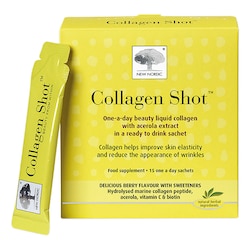
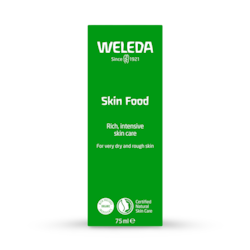
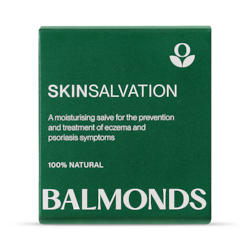
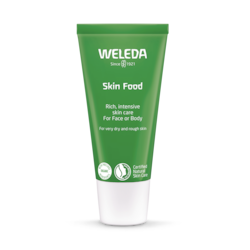
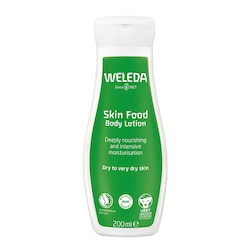
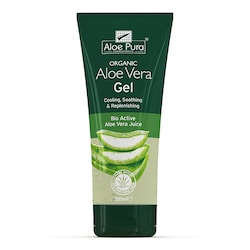
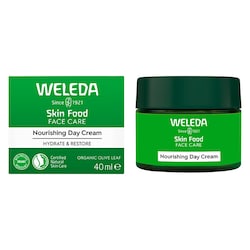
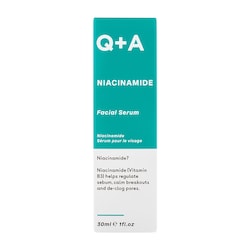
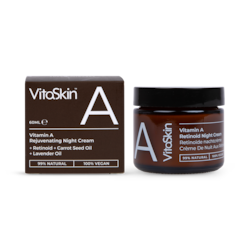
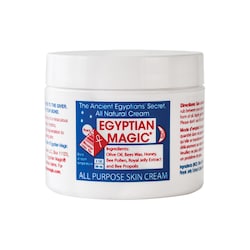
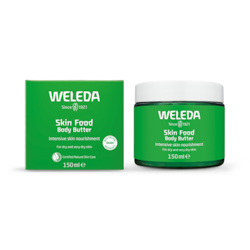
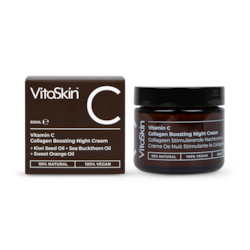
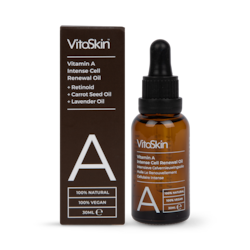
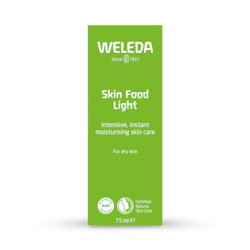
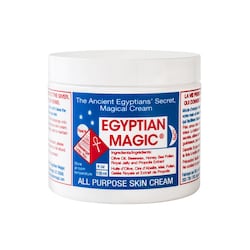
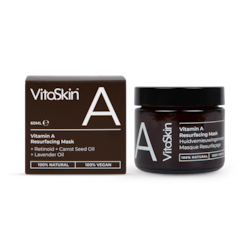
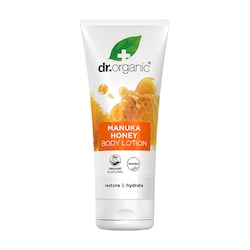
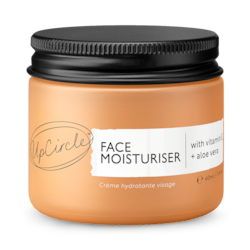
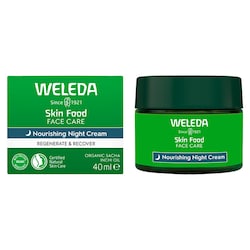
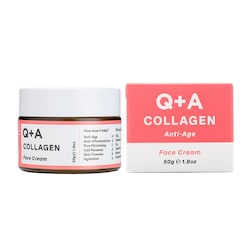


.png)










